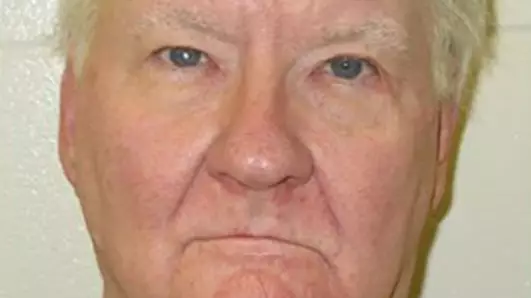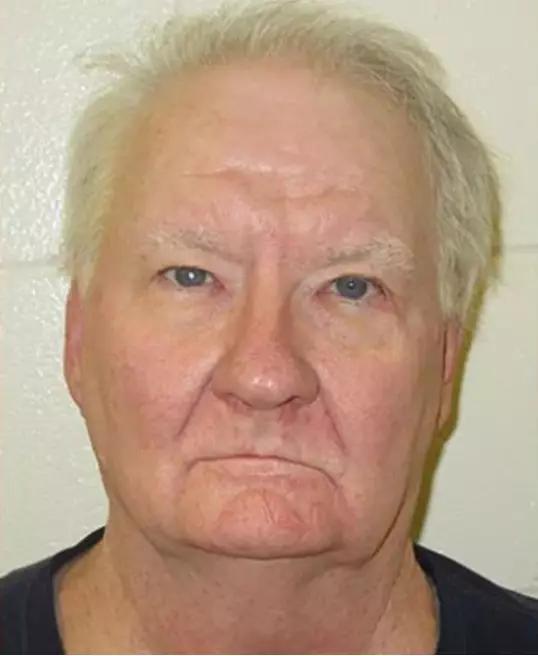
A man convicted of murder in 1997 claims he has served his life sentence after he briefly 'died' during a medical emergency.
Benjamin Schreiber was sentenced to life without parole in Iowa, USA, after he bludgeoned a man to death in 1996. However, he argued in court that his sentence had been served after his heart stopped during a medical emergency four years ago.

The 66-year-old was revived but argued he was sentenced to life, 'not to life plus one day'.
Advert
In Schreiber's claim - which he filed last year - he claimed he was resuscitated against his will and that his 'death' meant his life sentence had technically ended.
The supposed death occurred in 2015 after he developed septic poisoning as a result of kidney stones, and after making a full recovery, he was returned to prison.
Schreiber's brother told hospital staff that 'if he is in pain, you may give him something to ease the pain, but otherwise you are to let him pass', according to court records obtained by The Des Moines Register.
The district court ruled against Schreiber, with his lawyer taking the claim to the state court of appeals on Wednesday.
Advert
A panel of three judges credited Schreiber for the originality of his claim, however they ultimately determined that his argument was 'unpersuasive', adding that he was 'unlikely' to be dead as he had signed his own legal documents in the case.
According to NPR, the judges said Schreiber is 'either alive, in which case he must remain in prison, or he is dead, in which case this appeal is moot'.
Elaborating on the rejection of the appeal and Schreiber's argument that he was resuscitated against his will, Judge Amanda Potterfield wrote in the panel's opinion: "We do not believe the legislature intended this provision, which defines the sentences for the most serious class of felonies under Iowa law and imposes its 'harshest penalty',... to set criminal defendants free whenever medical procedures during their incarceration lead to their resuscitation by medical professionals."
Featured Image Credit: Iowa Department of CorrectionsTopics: Interesting, US News, crime, Weird